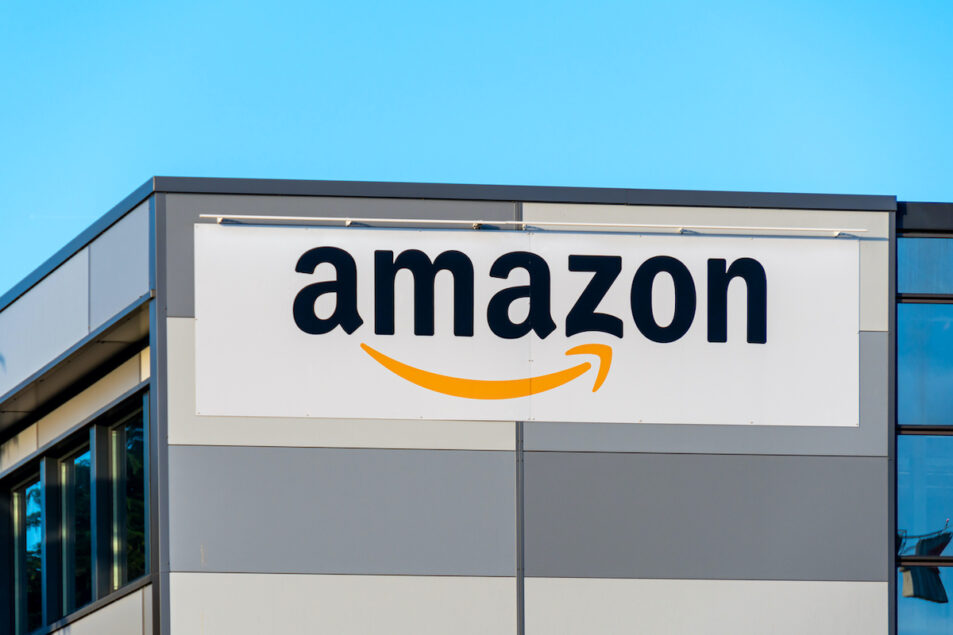[ad_1]
Amazon has introduced a new robot for its fulfillment centers that can use artificial intelligence to sense the size and shapes of items by touch, and then pick or stow those items from hard-to-reach rows of bins.
The company unveiled its “Vulcan” robot at a May 7 event in Dortmund, Germany, with Amazon’s director of applied science, Aaron Parness, describing the technology as a “fundamental leap forward in robotics.”
“It’s not just seeing the world; it’s feeling it, enabling capabilities that were impossible for Amazon robots until now,” Parness said.
While this isn’t the first robot Amazon has developed that can pick items up, past iterations have used visual cues and suction cups to move products packed by human workers. Even so, those robots have lacked the dexterity and finesse to pick and stow products from the stacks of small compartments fulfillment centers use to store inventory. Vulcan — which bears the appearance of a large, mechanical L-shaped arm attached to the ceiling — can carefully move items around in those compartments to make room for additional items, adjust its grip strength based on the size and shape of each product, and then use a built-in conveyor belt to move items into a bin.
Amazon estimates that Vulcan can pick and stow 75% of the items typically stored at fulfillment centers, at speeds comparable to front-line employees. That said, the company doesn’t expect the robot to fully replace human workers, instead creating new roles to install, maintain and operate the new technology. The hope is to eventually have Vulcan handle 100% of stowing for items stored in top rows of bins, rather than having workers climb ladders to reach those upper areas. In total, the company has spent $1.2 billion since 2019 to upskill existing employees to work with automated technology in warehouses.
Although Amazon didn’t offer an exact timeline, it plans to deploy Vulcan at fulfillment centers in the U.S. and Europe “over the next couple years.” At the moment, the robot is fully operational at just one warehouse, located in Spokane, Washington. A separate version of Vulcan is currently being tested at a facility in Hamburg, Germany.
[ad_2]
Source link



